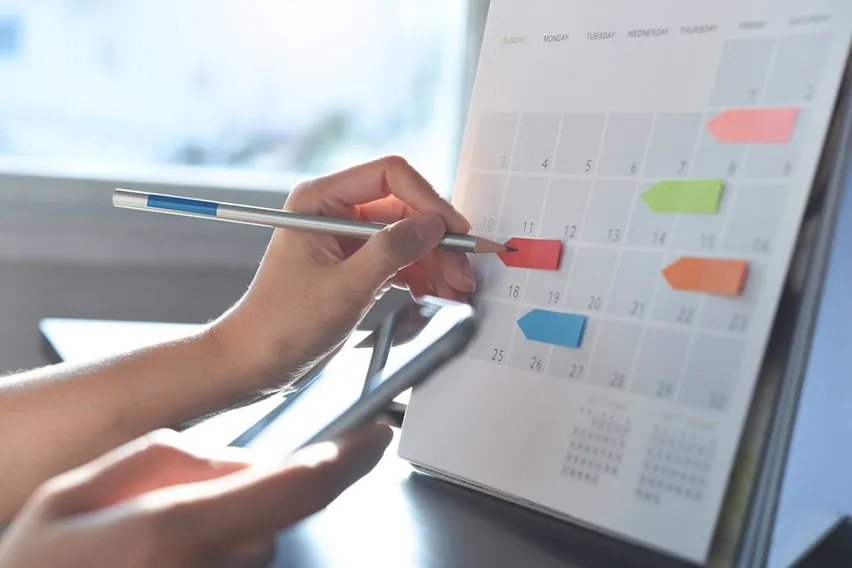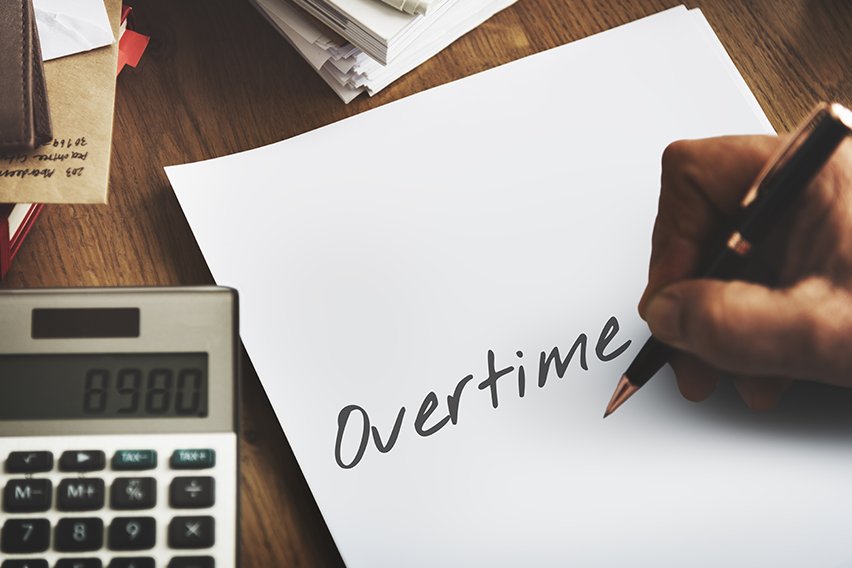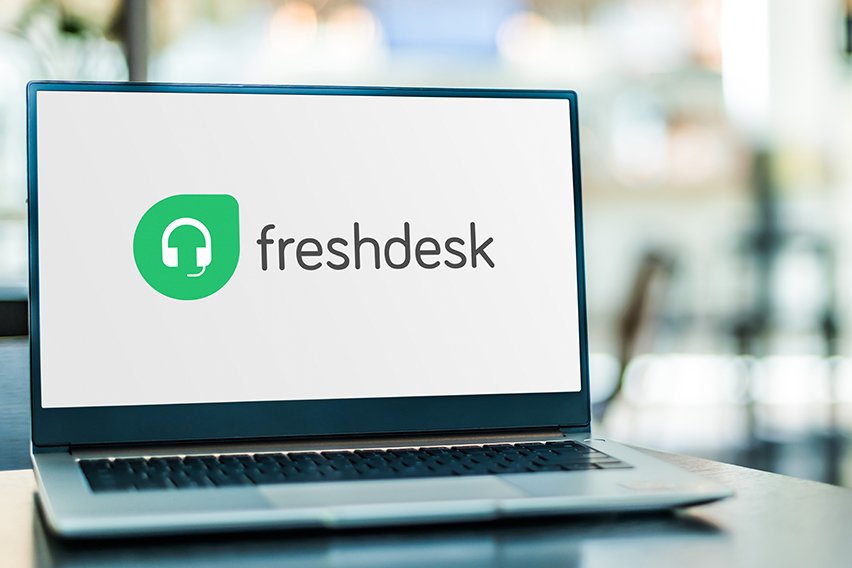How to Stay Organized at Work: 5 Ways or Tips

One of the best ways to keep an effective workflow is to stay organized. Some of the most prolific business owners attribute their success to their organizational skills. However, organization isn’t everyone’s strongest suit. If you or someone you know needs help staying organized at work, be sure to look through our 5 tips on organization!
Here’s What We’ll Cover:
What Are Organizational Skills?
3. Prioritize, Prioritize, Prioritize
What Are Organizational Skills?
Organizational skills are the habits or techniques that individuals can use to ensure efficiency. They can be general skills, or can be more specific to the workplace. Organizational skills help with problem-solving, learning, and task completion. Having a good set of organizational skills can help in every aspect of life, be it in personal lives or work lives.

1. Keep a To-Do List
This might be the simplest tip we have, but it’s the strongest as well. Keeping a well-manicured to-do list helps keep things in perspective. Knowing exactly what tasks need to be done allows for oversight of the day, and allows for prioritization.
A checklist or a to-do list also provides the satisfaction of crossing tasks off your list. It’s a simple but effective tool. Having a manageable task list that lists your individual tasks clearly can be a game-changer.
2. Keep Your Space Clean
A messy desk is just that; an unorganized mess. Keeping a clean workspace is one of the best ways to stay organized. Cleaning out messy drawers and organizing your file cabinets once can help ensure that the space stays clean. This tip also extends beyond that of physical space. Keeping a clean digital space works wonders as well. Delete emails and avoid endless email threads. These are as good as digital clutter. Management of your digital storage space should be as high priority as management of your physical storage space.
3. Prioritize, Prioritize, Prioritize
When making a to-do list, prioritizing your tasks is essential. Tasks can be prioritized in one of two ways. The first way is by the frequency of the task. Daily tasks, weekly tasks, and monthly tasks should be planned ahead of time. Knowing what needs to be done in a specific time frame can help you stay organized for longer periods of time.
Tasks can also be organized in a way that speaks to their difficulty. Easy tasks can be accomplished first, while more daunting tasks can be written out and planned for. Anticipating and organizing the difficulty of your workload is a strong technique that many can benefit from.
4. Organize Your Daily Time
Keeping time organized is as important as organizing physical aspects of the workplace. Some would say it’s more important. Using a calendar, manage your days using a time block method. Know exactly when you’ll be making your phone calls. Schedule time to handle your email inbox. Carve out blocks of time to take care of a larger project. Making sure your daily time is organized is key in organizing all of your time.

5. Manage Your Notifications
Cell phones are a part of daily life. With cell phones come constant communication and notifications. Some tablets and computers are similar, as they provide desktop notifications as well. One of the best ways to organize your workplace and work habits is by managing these notifications.
Cell Phone Notifications
Silencing notifications for apps or other services that aren’t necessary for work can help to streamline your workday. By organizing the media that you need to see, and blocking what you don’t, you’ll find that you have far more productive workdays.
Emails
If you see an email come through that contains no information relevant to you or your workday, you can unsubscribe from the email list. This allows you to organize your email inbox. When you only see the emails you need to see, you’re more likely to get more work done.
Desktop Notifications
Many websites allow you to enable desktop notifications. By managing these notifications, you can get only the alerts you need. Allowing calendar notifications and email notification can help you stay on top of things and organize your work.
Key Takeaways
Organization in the workplace is necessary for success. Organization isn’t just about where you put your things, though. It’s about the way you plan ahead and complete tasks. Managing your physical space and your digital space is a start. Going further and organizing your time and distractions can help you see far greater success at work.
Did this article help you? If so, take a look through our resource hub. We’ve got plenty of information on timekeeping strategies and organizational skills that you may find useful.
RELATED ARTICLES

 How to Deal with a Lazy Coworker: 5 Ways
How to Deal with a Lazy Coworker: 5 Ways What Is a Performance Plan? How to Establish a Performance Plan
What Is a Performance Plan? How to Establish a Performance Plan The 3 Best Email Blast Software (Free & Paid)
The 3 Best Email Blast Software (Free & Paid) How Is Overtime Calculated: A Step By Step Guide
How Is Overtime Calculated: A Step By Step Guide What Is a GPS Clocking System? The 4 Best Time Clock Apps with GPS
What Is a GPS Clocking System? The 4 Best Time Clock Apps with GPS 5 Best Free Ticketing System & Help Desk Software in 2025
5 Best Free Ticketing System & Help Desk Software in 2025